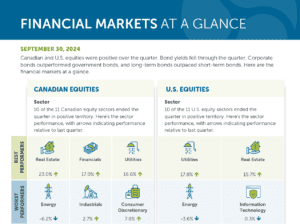Federal Risk Tracker Spooks Life Industry Analyst
The chair of FSOC is the U.S. Treasury secretary. The other members are the heads of financial services regulatory agencies; a voting member with insurance expertise; the director of the Treasury’s Federal Insurance Office, who does not have a vote; and a representative from the National Association of Insurance Commissioners, who also does not have a vote.
Life Insurers and FSOC
Life insurers ended up seeing FSOC efforts to designate them as systemically important financial institutions as burdensome and a poor fit.
MetLife turned its individual life and annuity operations into a separate company, Brighthouse Financial, partly to escape SIFI designation. It and other insurers went to court to avoid SIFI designations, based partly on the argument that FSOC took an arbitrary and secretive approach to choosing SIFIs.
FSOC’s Scope
FSOC agreed in 2019 to narrow the scope of its SIFI oversight efforts, to defer to nonbanks’ primary regulators, when possible, and to try to limit itself to regulating concerning activities at nonbank financial institutions rather than making direct efforts to regulate specific companies.
Now, in the wake of a flurry of bank failures that occurred in March, FSOC wants to unchain its ability to take over nonbank financial institutions that look as if they could crash the economy, even before those companies’ primary regulators have had time to step in. The proposal does not specifically mention insurance companies.
FSOC last week signaled that the proposal has attracted a significant number of comments, by announcing that it would postpone the due date for comments on the proposal to July 28, from June 27.
The U.S. Treasury building in Washington. Credit: Nathan Howard/Bloomberg






